Technology, artificial intelligence (AI) and Big Data are reshaping the future of many industries, with healthcare emerging as a promising field. At the Vietnam Healthcare Forum 2025, experts discussed the potential and challenges of AI and Big Data in medical diagnosis and treatment.
The forum, with the theme "Big Data and Artificial Intelligence in Medical Diagnosis and Treatment", took place on July 21-22, co-organized by the Association of Vietnamese Scientists and Experts Global (AVSE Global) and the 108 Military Central Hospital.
The event brings together leading domestic and foreign experts to share visions and experiences to improve the quality of healthcare in Vietnam.
AI: Ushering in a New Era of Healthcare
Professor Guy Marks, President of the International Union Against Tuberculosis and Lung Disease and Professor at the University of New South Wales (Australia), provided an insight into how AI and advanced technologies can address the inherent challenges of global health, especially in low- and middle-income countries like Vietnam.
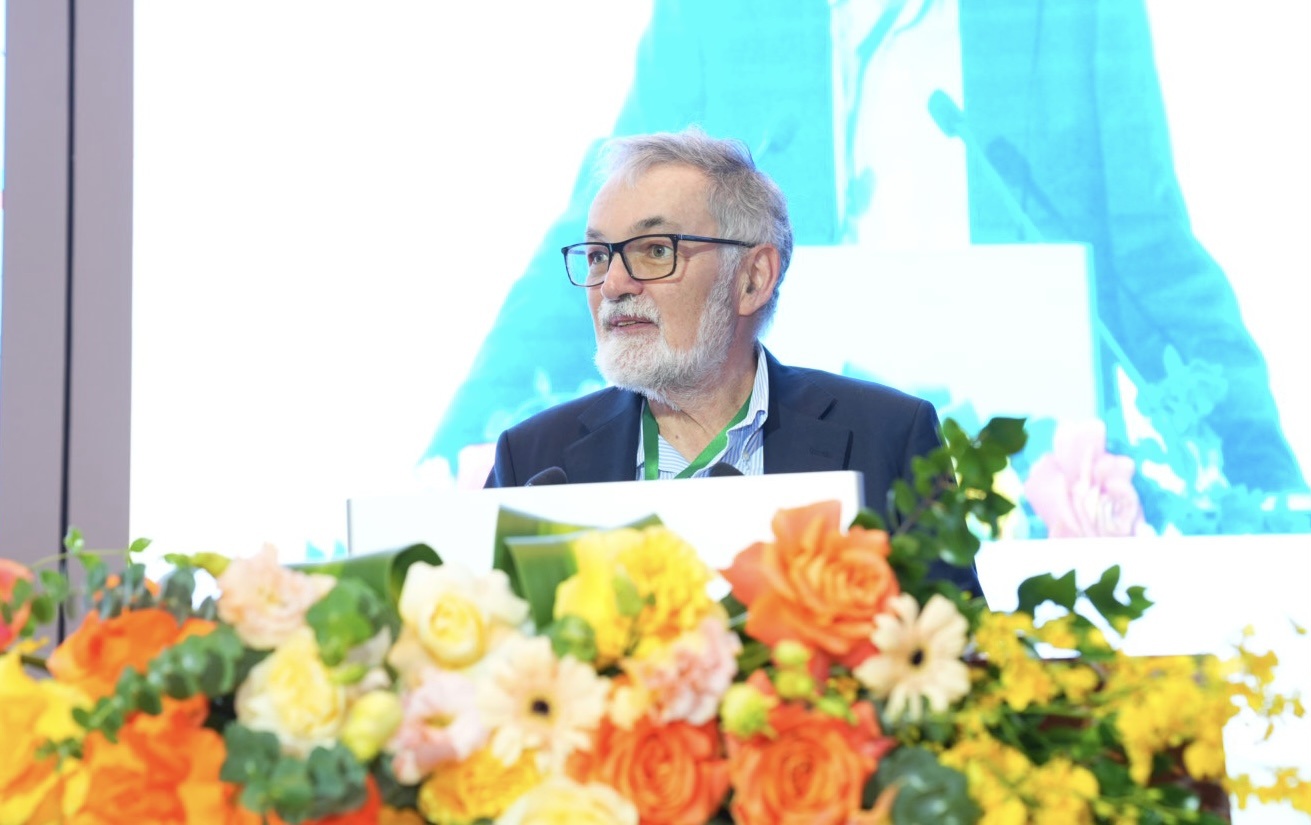
Professor Guy Marks, President of the International Union Against Tuberculosis and Lung Disease and professor at the University of New South Wales at the Forum (Photo: Organizing Committee).
“Traditional 19th-century approaches to health care management are becoming obsolete, which has complicated the delivery of health care today,” Professor Marks said. He pointed to three key complexities in 21st-century medicine:
Human Biology: The human body is a complex system that defies complete scientific explanation ;
Environment: The environment contains many pathogens and hazards. Most diseases are the result of complex interactions between human biology and the environment;
Medical Interventions: Modern medicine has a complex array of interventions (pharmacological, surgical, psychological, non-pharmacological) that make diagnosis and treatment extremely complex.
“The limitations of traditional approaches such as specialisation, centralisation (which leads to patients having difficulty accessing specialists and having to go to large hospitals), guidelines and protocols (which are often too long or too simple) and educational training (which constantly changes knowledge and has high staff turnover rates) have caused difficulties in current healthcare,” Professor Marks stressed.
“Meanwhile, traditional hospitals, which are often high-risk, expensive, and far from where patients live, require a new, human-centered approach, and technologies can now do that.”
Today, advanced technology is ushering in a new era in healthcare, with point-of-care testing (PoC) platforms and remote imaging reporting playing a key role. In particular, ultra-portable X-rays with AI-powered image reading have shown to outperform radiologists in diagnosing tuberculosis.
“The development of transportation and communications, taking advantage of high-speed Internet, Wi-Fi and connected devices, allows the deployment of computing power and databases in the cloud, making information and technology accessible to people in remote areas. Drones can even be used to transport patient samples and drugs with ease. High-quality clinical trial data, often available in anonymized form, is essential for personalized treatment and advanced analysis,” said Professor Marks.

According to him, clinical decision support systems (CDSS) are powerful tools that provide management recommendations based on patient data and medical knowledge. In particular, artificial intelligence and machine learning will play an important role in collecting and organizing structured patient data, extracting and synthesizing information from large clinical trial datasets, as well as providing decision support to clinicians.
Professor Marks envisions a new human-centered healthcare model, based on a GP close to the patient’s home, supported by a CDSS and AI-driven recommendations. This approach promises to deliver better medical decisions, optimal patient outcomes, reduced resource and antibiotic waste, and increased capacity for frontline healthcare workers.
AI Potential in Healthcare in Vietnam
At the roundtable discussion, leading experts delved into the role of AI in the future of Vietnamese healthcare.
Professor Dinh Xuan Anh Tuan, Head of the Department of Respiratory Medicine - Functional Exploration, Cochin Hospital, Paris (France) expressed: "The complexity of human health, physiology, brain, spirit and environment are factors that make health care extremely difficult and require individualization in treatment. But AI can help solve this complexity by processing large amounts of information that humans cannot".
Sharing the same view, Dr. Vo Si Nam, Director of the Biomedical Center (VinBigData) clarified: “Big language models can solve key points in big data processing and follow-up care. Machine learning and big language models operate based on probability, choosing the result with the highest probability, but the majority is not always right.”
Therefore, humans must always be at the center, controlling the results of AI and always keeping in mind that AI can also be wrong, just like humans.

Experts agree that AI and other technologies in healthcare must serve people (Illustration: Base).
Mr. David Nguyen, CEO of N2N AI (Australia), shared his experience from the failure of IBM Watson, a medical AI project that claimed to be able to replace doctors but failed due to "raw" input data. "AI is a system that supports doctors in making decisions faster and more effectively, not replacing them. Doctors must have strict verification steps to ensure accuracy and go in the desired direction," he said.
Regarding the role of AI in reducing hospital overload and preventive medicine, Professor Guy Marks clarified that the goal is not to eliminate hospitals, but to reserve hospitals only for truly complex and difficult cases.
In Australia, he said, many services that used to take place in hospitals have now been moved outside the hospital, with patients only needing to go to the hospital when they really need the services that are only available there. AI can now help personalize care even before people actually become patients. However, making this important shift is not easy due to cultural factors.
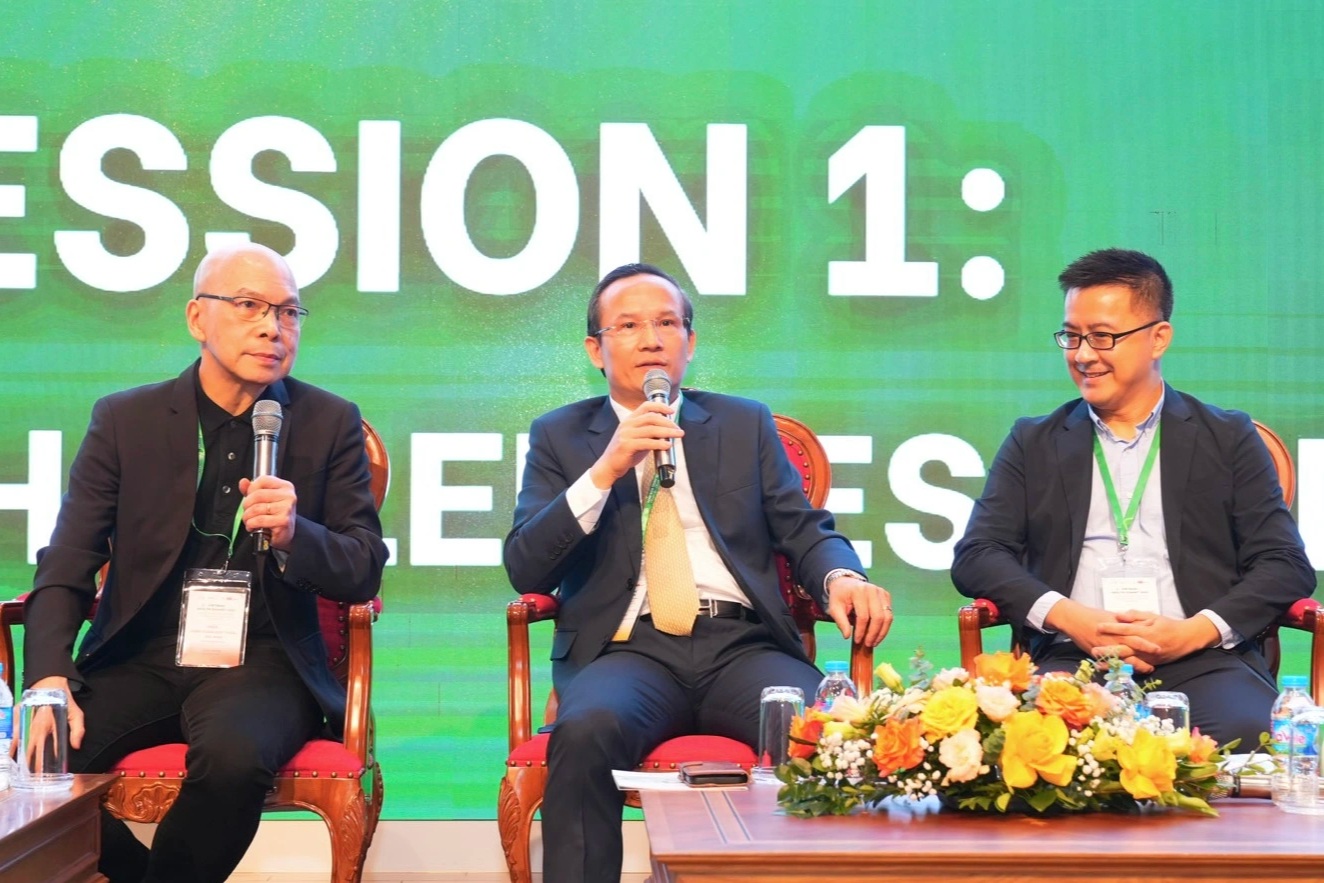
Major General, Professor Le Huu Song, Director of 108 Military Central Hospital, and experts discussed the potential of AI in Vietnam's healthcare sector (Photo: Organizing Committee).
Major General, Professor Le Huu Song, Director of the 108 Central Military Hospital, pointed out: “The Vietnamese culture of "preferring higher-level hospitals" has caused overload, and many patients even want to ask doctors to examine them for many other things. I hope that AI can help streamline and make healthcare management smarter, especially supporting remote healthcare for people to avoid overloading front-line hospitals.”
Concluding the discussion, Professor Dinh Xuan Anh Tuan emphasized that AI is a feasible solution to improve human health and the Vietnamese healthcare sector, especially in dealing with the complexity of the human body and the environment.
He expressed his hope that in the future, doctors will not only treat diseases but also help maintain health, and AI will play an important role in finding the most feasible ways to prevent diseases. This will help people not only live longer but also live healthier.
In addition to its great potential, the application of AI in Vietnam's healthcare system still faces many obstacles. One of the top challenges is data. For AI to work effectively, it requires large, high-quality, and synchronized data sources. However, in Vietnam, healthcare data is often fragmented, not standardized, and patient information security is also a notable issue.
In addition, although the Internet is popular, operating complex AI systems requires powerful computer infrastructure, stable and secure connections, especially in remote areas. Along with that, the legal framework needs to clarify data ownership, safety standards, and the effectiveness of AI products in healthcare.
Finally, on the issue of training and human resource development, Vietnam needs a team of experts who are not only good at AI but also have extensive knowledge of medicine to develop and deploy AI solutions effectively and safely.
Source: https://dantri.com.vn/suc-khoe/dung-ai-giai-bai-toan-chuong-tuyen-tren-20250722142156390.htm





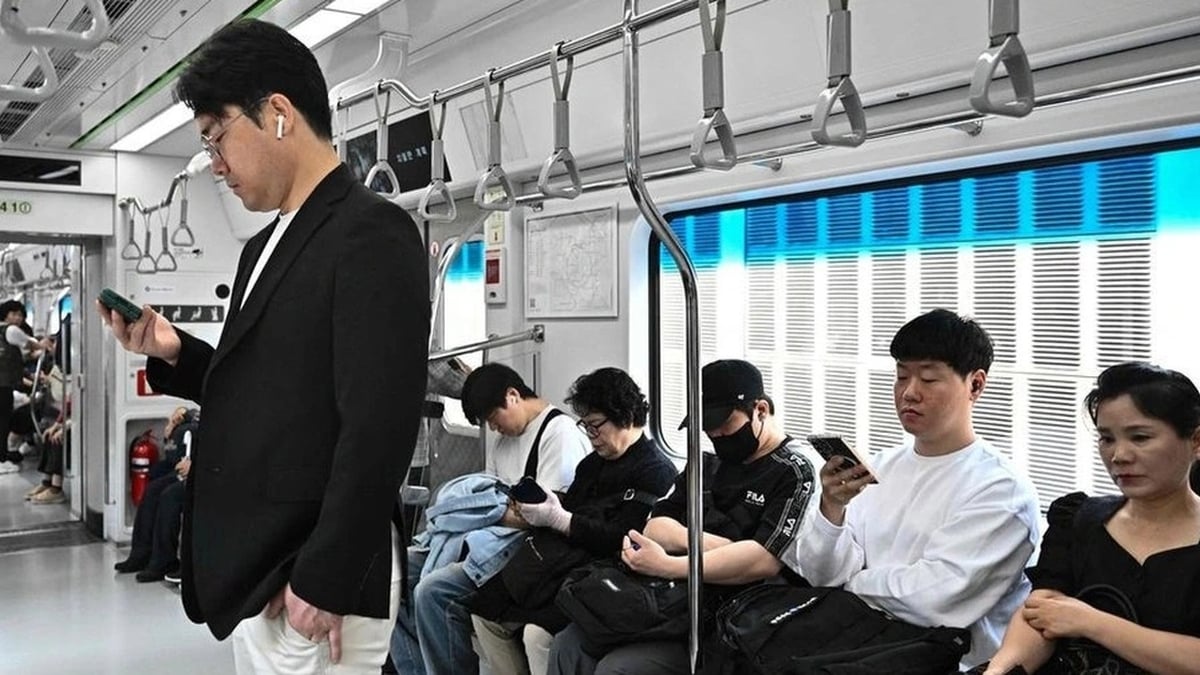


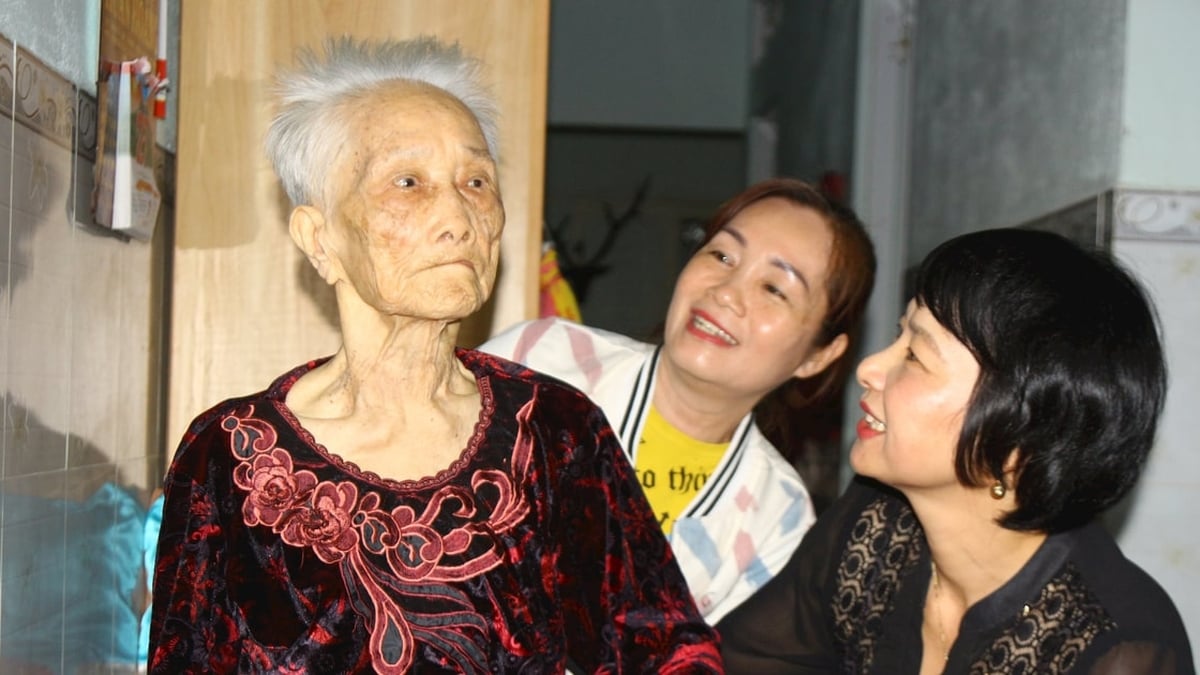


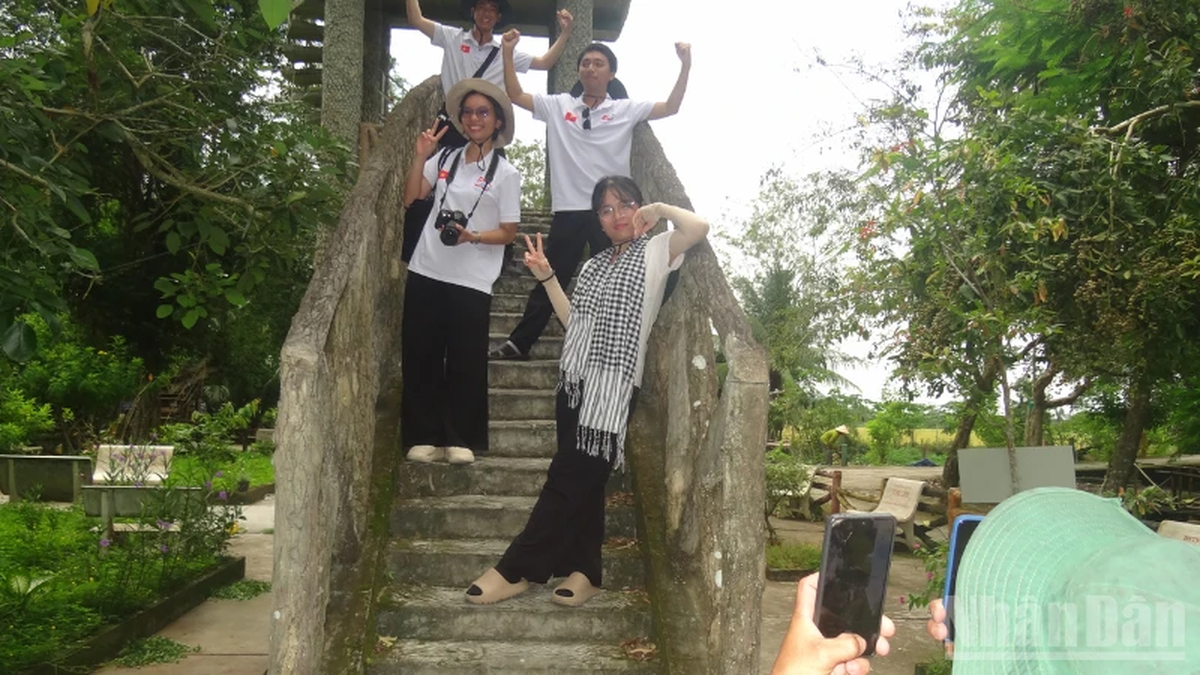




































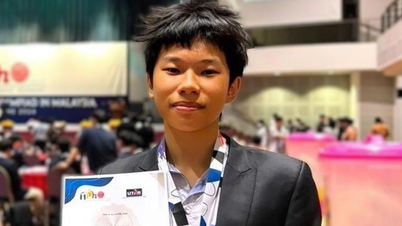


















































Comment (0)